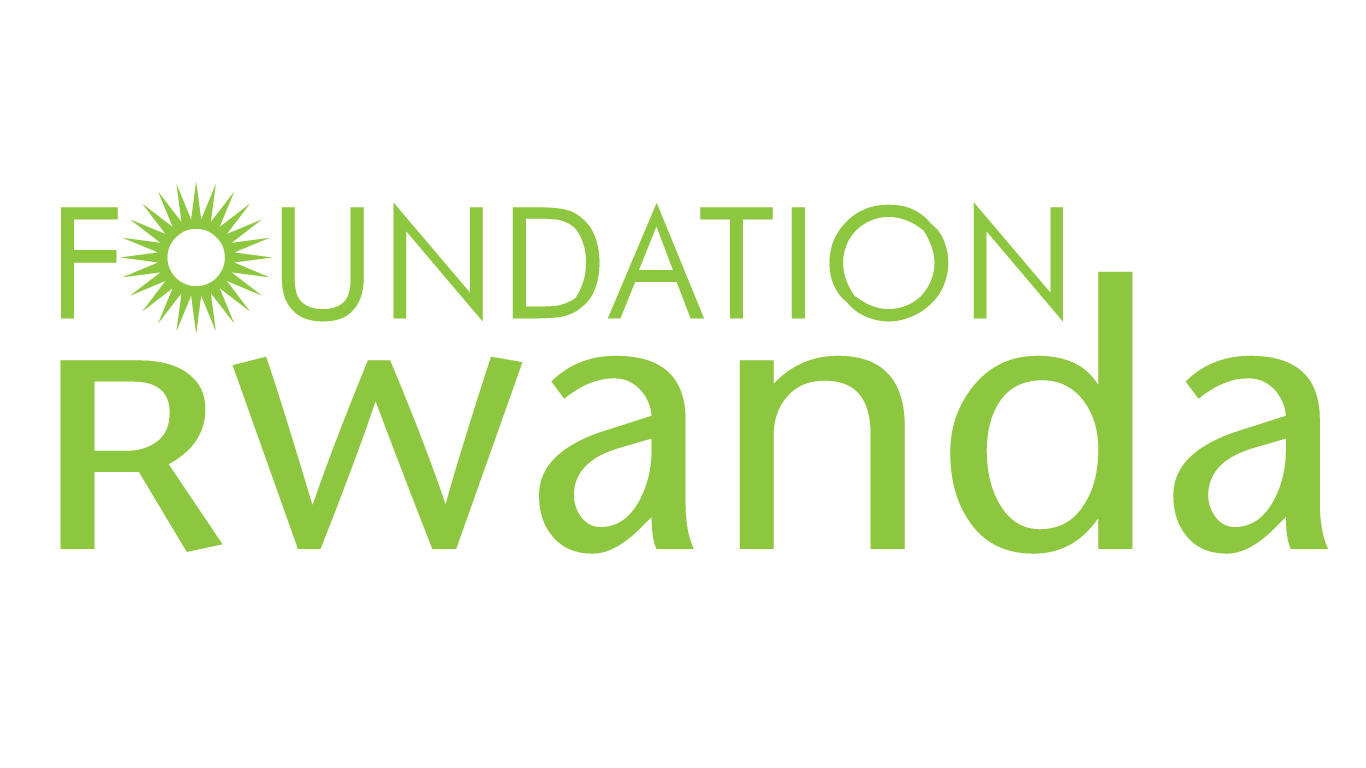Jean-Paul and His Mother, Isabelle
Kayonza, Rwanda
Isabelle and Jean-Paul.
What I know about the genocide is that many people were killed, and there was a lot of violence that happened during the genocide. My mother didn't tell me very much, but what prompted her to disclose to me the circumstances of how I was born was that I always wanted to know exactly what is my date of birth, and who is my father. So my mother would tell me that my father died during the genocide. During that conversation my mother told me she was raped during the genocide, and that I was born as a result of the rapes. After she told me that I was very hurt, and very sad, and I didn't want to ask anything or didn't hear the rest of what she was telling me, it was like I blacked out. The thoughts that were going in my mind were: so my father is not even known, and I have no paternal relatives, and this really hurt me to think that my father is not even known.
It was difficult growing up without a father in the house because I was asking myself, who will my mother have to help bring me up? It was difficult, especially when I was going to school; I had an opportunity to study, but my mother was struggling. I was just wondering what will happen to my life when I grow up, because my mother was everything for me. The effect for me of having grown up with my mother struggling to take care of me, and growing up as a young person born from the violence and rape, is that I grew up in a home without a father, nobody I call daddy, and I think that really affected me, because I wanted to have someone to call my father, like other kids outside in my neighborhood. Not having a father, no one to look up to, I think it affected me a lot.
I felt relieved after my mother disclosed to me that I was born as a result of genocide rape, because now my many questions about my father have been answered. I now knew that I didn't have a father and that my mother is my everything, and I didn't have any other questions, so I felt relieved. I feel respect for what my mother went through during the genocide and what she has done, and what she continues to do to ensure that we live a good life together, and I try my best to do whatever I can to prevent her from having thoughts that take her back to the time of genocide. So whatever I can do to make her life easier and happier, I do it.
I just accepted knowing that my father was a killer, although my mother didn't know who he was. But I felt sad because now I had an answer for my question about my father and the answer was not good… but I’m happy at least I now know the truth, although my mother had to go through horrible things, and that the person I wanted to know, my father, was a bad person. I would forgive him if I had the opportunity. Ethnically I identify myself with my mother, as a Tutsi.
When I get married and have a child I will respect my wife because I have high respect for women, because mothers struggle a lot, so I would respect my wife the way I would respect my mother. As a father, when I have children, I can’t say how I will bring up my children because I never experienced a father’s love or saw how fathers behave, but I want to love my children when I have them and educate them to be respectful and loving. I also want to share my experience with them, that I grew up without a father and how difficult it can be growing up in a house without a father.
- Jean-Paul, son of Isabelle, 2018


